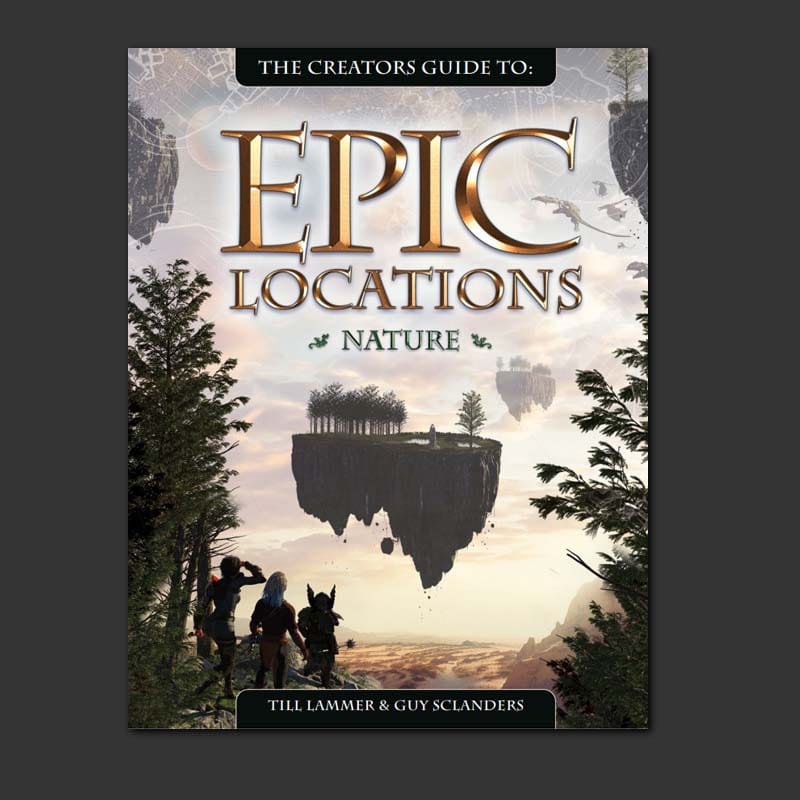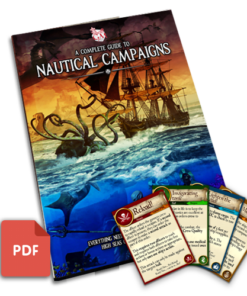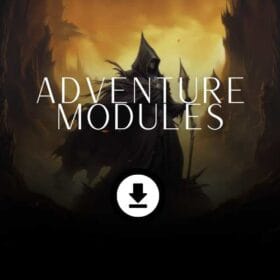Have you found that your RPG campaign starts off seriously, and then ends up descending into a comic disaster? Often times, we set out to run a focused, serious roleplaying game, but then someone makes a joke and it’s downhill from there. In this video, I go into the reasons why this can happen at your table and what you can do to control it and keep your game serious and focused on where you want it to be.
Why Your RPG Game is a Joke & How To Fix It
Does your RPG campaign start out seriously but then starts to descend into comedy as the game goes on?
Here are some reasons why your game may be descending into comedy, and how to run a more serious game – if that’s what you’re looking for:
- Pacing – Too little, too much.
- Remember that players will need release throughout the game.
- Slow pacing – Players will get bored and start to release or get something to lighten the mood.
- Players like to be engaged. If they are not, they will look for ways to engage with others.
- When the pacing has slowed down, players will be looking for anything to distract them.
- Too fast pacing – too much stress can force a release. Players can become overwhelmed and stressed out. Need to break the tension in the moment.
- Predictable pacing – not too fast or too slow. Lack of variation can also lead to players’ minds wondering and wandering.
- This can lead to jokes around the table while waiting for things to happen.
- Pacing is an important component to driving your game and keeping it serious or not too serious.
- Tone of the game – the mood, theme, feeling, atmosphere of the game and setting. (Light, dark, serious, dramatic, intense etc.)
- Varying your tone makes it stronger. A moment to break the tension before the tension resumes.
- You want to have peaks of pressure, allow there to be a joke to break the pressure and then resume straight away.
- Allow the moment to happen to let the players make the joke, but then to resume and keep the pressure and bring back the tone straight away.
- Reinforce your tone – remind players about your tone frequently to keep them on the edge of their seats and engaged.
- Uncontrolled humour – letting jokes take over.
- You might have players who are social gamers – they may not be interested in a serious game. Some players just want to have fun and don’t care about the game.
- Don’t be afraid to stop the game. It will show you if your players are social players or focused players.
- You might need to adjust your expectations depending on the focus of your players.
- Translate the social gamers focus into the game – have the PC caught off guard or unaware as they’re joking in-game as well as the players out of game.
- You can always trigger an event to happen, to bring everyone back and focus on the game again.
- Refocus through events – trigger a random event to bring the table back into order.
- Aim for an ebb and a flow of the tension. Have moments of intense action and moments of slow rest and recovery, and then random moments of chaos.
- Let them know that the world has continued to move even though they have stepped away temporarily to make their joke.
- Reward players for play – give those who were focused a bonus or a reward, and those who were not, less or more surprise.
It is important to note that this is all about reading your table.
If some players at the table really want to have fun – let them do it and play a different game.
If they want a serious game – then use the above steps to help you achieve that.
Your task – run a serious adventure controlling your pacing, tone and table.
Share your experiences of doing this.













Catch a new video every Monday